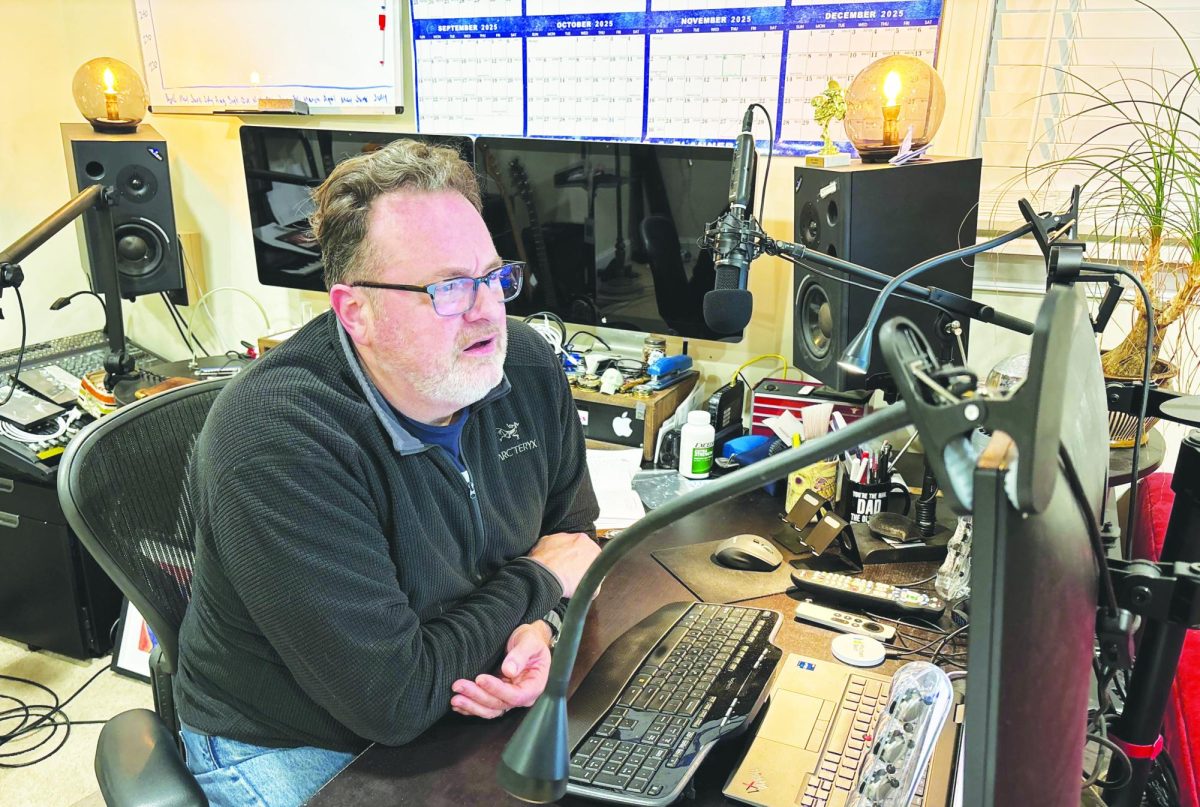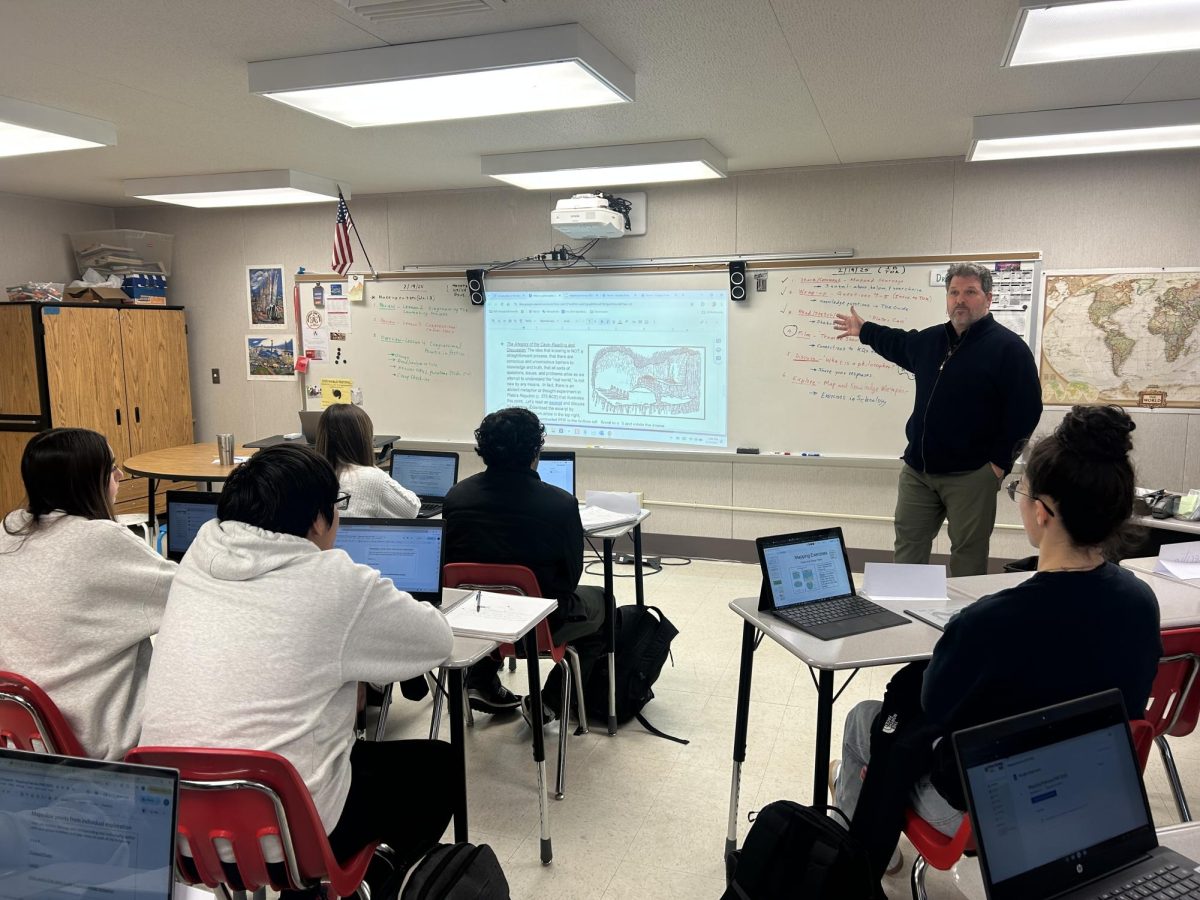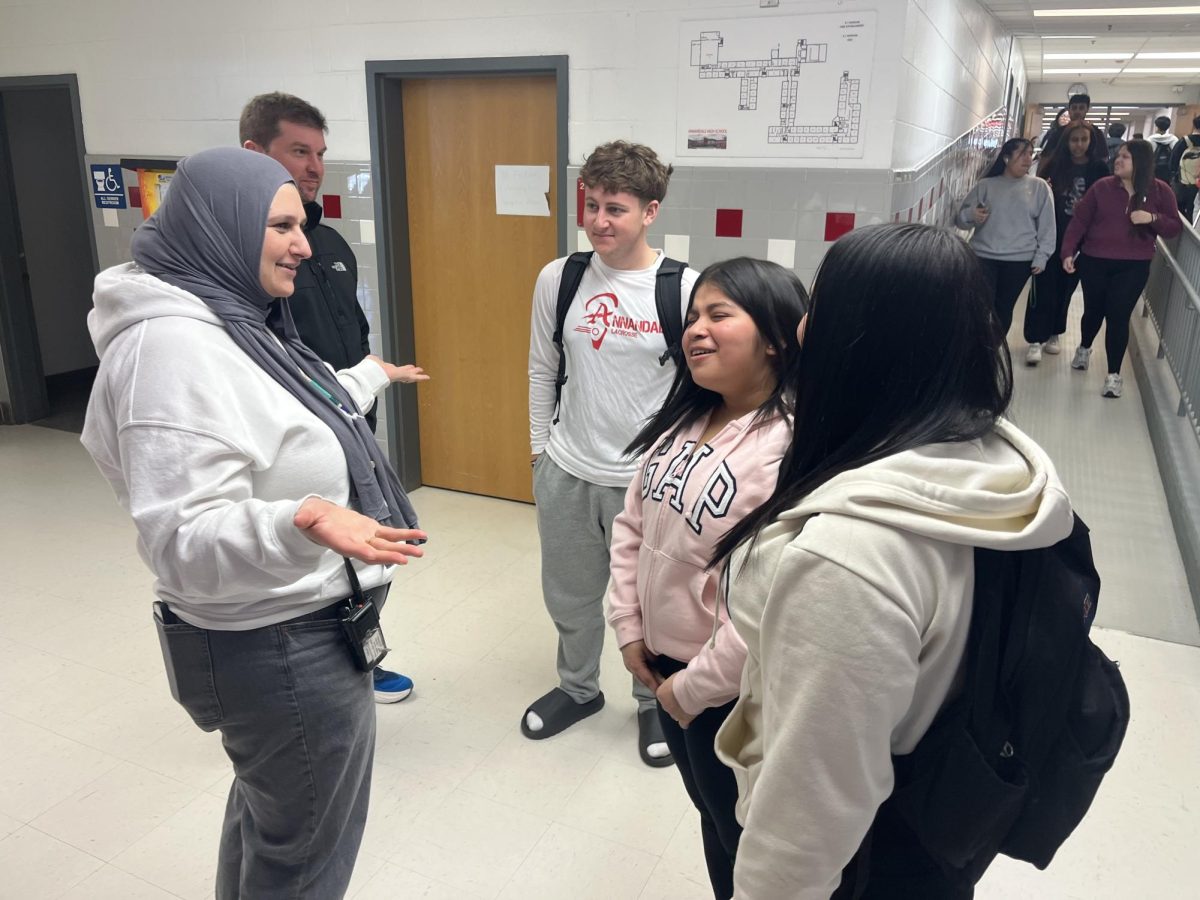Imagine being one of the 30,000 federal employees that has been laid off in the past two months for no reason other than the Trump Administration and the Department of Government Efficiency’s (DOGE) desire for a large-scale government downsizing.
On January 28, over 2 million federal employees received an email that offered a choice between a deferred resignation, receiving administrative leave and their regular salary and benefits until September 30, or continuing to work with no guarantee of job security.
Others were laid off without notice, probationary and career employees included. Moreover, those who are continuing to work have been mandated to return to in-person work and budget cuts have already begun to affect several federal agencies.
The father of an AHS student, John Doe (pseudonym), who prefers to remain anonymous, received the “Fork in the Road” notice, as the January 28th email was titled. Doe has been a federal employee for 33 years, 23 of which he has worked as an Attorney for a Federal Law Enforcement Agency. Being a career employee who is eligible for retirement, Doe was unsure what to do.
“To be perfectly honest, I waffled back and forth as to whether or not I should take the deal. I spoke to family, friends and co-workers trying to get an understanding of what it all meant,” Doe said. “It became very real for me immediately when the Director of my Agency was removed with no notice. Like most government employees, I was filled with uncertainty that led to many sleepless nights,” he added
Ultimately, Doe decided to decline the offer. His reasoning was straightforward: he believes in the importance of his work and he wants to end his career on his own terms. This, however, does not limit the unpredictability of his professional future.
His son, junior Tom Doe (pseudonym for requested anonymity), expressed his own concerns about their family’s future:
“I was a little worried about his decision and what is gonna happen after, especially since I’m going to college soon,” he said.
In Tom’s opinion, he thinks his father would have benefited more from taking the deal because after the seven months, he could retire and collect his social security.
“I’m gonna support him either way. I think there’s definitely a lot of uncertainty. We don’t know what they’re going to do to people that take the deal and to people that don’t take the deal,” he said.
Although government agencies will most likely survive the mass employee layoffs, they will be required to reshuffle responsibilities and modify spending, while worries of financial and career instability will follow affected families.
“Losing your job is probably one of the more stressful and personal things that can happen to you, especially if you feel like you didn’t do anything to deserve it,” History and Social Studies Teacher Herbert Eggert said. “[In return], I think it is going to distract students.”
Principal Shawn DeRose addressed the concern felt by the community at the Faculty Meeting on the 18th, acknowledging the impact on students but explaining that not much will be changed considering the strength of the current student support system:
“Our approach remains steadfast: we rely on our three core priorities—relationships and support, high-quality instruction, and strong collaboration—to guide us through challenging times,” he said.
These core concepts are implemented through W4 check-ins, academic need assessments in PRIDE Time and ASAP, behavioral and wellness assessments, among others.
“We just have to keep doing what we’re doing with our students and always make sure we’re providing for them,” Eggert said.
In addition to these resources, students should support their peers who are struggling at this time.
“We have to be kind to each other, we have to have each other’s backs, we have to approach things with love and with courtesy, we have to be patient, we have to listen, and ultimately be there for each other, because tough times don’t last, but tough people do,” Student Support Coordinator Chris Edmonds said.
While families that include federal workers have felt the immediate uncertainty of these issues, the impact will radiate through the community, impacting those not tied to the government. Such impacts include increased traffic and decreased parking in the area as employees return to the office, along with a smaller tax base to support public schools if laid-off public employees move away.
Doe leaves a final piece of advice for worried students:
“Focus on the things around you and try to keep a positive outlook. Exercise, talk to friends, focus on school. It’s important to be aware [of current events], but don’t let yourself be overwhelmed,” he said.








